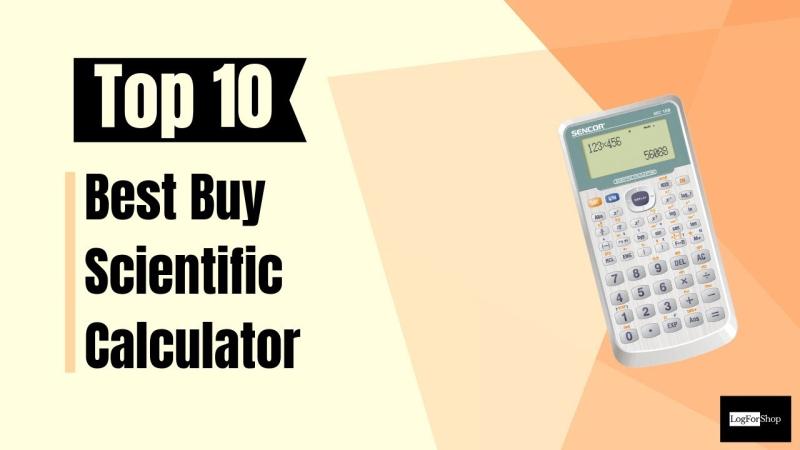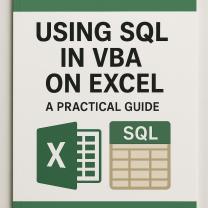What is the best best scientific calculators?
The choice of the best scientific calculator depends on individual preferences, the intended use, and specific features required. Here are some recommendations for popular scientific calculators, each known for its features and reliability:
Texas Instruments TI-84 Plus CE:
- Features:
- Color screen with a high resolution.
- MathPrint functionality for displaying equations as they appear in textbooks.
- Graphing capabilities for advanced math and science applications.
- Rechargeable battery.
- Use Case:
- Suitable for high school and college-level math and science courses.
- Features:
Casio FX-115ES PLUS:
- Features:
- Natural Textbook Display for input and output as it appears in textbooks.
- Multi-replay function to backtrack and edit calculations.
- Over 280 functions, including statistical, trigonometric, and algebraic functions.
- Use Case:
- Suitable for a wide range of courses, including engineering, physics, and mathematics.
- Features:
HP 35s Scientific Calculator:
- Features:
- RPN (Reverse Polish Notation) and algebraic entry-system logic.
- Programmable with up to 30KB memory.
- Keystroke programming.
- Use Case:
- Geared toward engineering professionals and students.
- Features:
Casio fx-991EX Classwiz:
- Features:
- High-resolution LCD display.
- Spreadsheet functionality.
- QR code generator for sharing results.
- Extensive statistical and scientific functions.
- Use Case:
- Suitable for advanced high school and college-level mathematics.
- Features:
Texas Instruments TI-30X IIS:
- Features:
- Dual-line display.
- Fraction functionality.
- Two-variable statistics.
- Solar and battery-powered.
- Use Case:
- Well-suited for general math and science courses.
- Features:
Casio fx-300ES PLUS:
- Features:
- Natural Textbook Display.
- Over 200 functions.
- Multi-replay function.
- Use Case:
- Suitable for various math and science courses, including pre-algebra and algebra.
- Features:
Sharp EL-W516TBSL Advanced Scientific Calculator:
- Features:
- WriteView technology for displaying expressions as they appear in textbooks.
- 640 functions.
- Matrix and vector calculations.
- Use Case:
- Suitable for high school and college-level courses.
- Features:
When choosing a scientific calculator, consider the specific requirements of your courses and whether you need additional features like graphing capabilities, programming options, or specific functions. Additionally, check with your educational institution to ensure that the calculator meets any requirements or restrictions for exams.
Navigating the World of Scientific Calculators: Top Choices, Features, and Considerations
Picking the perfect scientific calculator can be challenging with so many options available. Let's explore top-rated choices, compare features, and guide you towards the ideal tool for your needs:
1. Top-rated Scientific Calculators:
- Casio FX-300ES PLUS: Highly praised for its user-friendly interface, natural textbook display, and extensive functionality.
- Texas Instruments TI-36X Pro: Popular for its durability, advanced features like symbolic algebra and complex number calculations, and sleek design.
- Hewlett-Packard HP Prime: Renowned for its color touchscreen, CAS functionality (computer algebra system), and powerful graphing capabilities.
- Casio FX-CG50: A graphing calculator that combines scientific functions with graphical representation and advanced programming options.
- Texas Instruments TI-Nspire CX CAS: Another graphing calculator offering CAS functionality, interactive geometry features, and a large color display.
2. Feature Comparison:
- Basic Functions: All scientific calculators handle essential operations like exponents, logarithms, trigonometry, and statistical calculations.
- Advanced Functions: Look for features like complex number support, unit conversion, equation solving, and matrix operations for more complex needs.
- Display options: Natural textbook display makes equations easier to read, while some calculators offer graphing capabilities for visual analysis.
- Memory Storage: Ability to store variables and results can be helpful for complex calculations.
- Programmability: Advanced calculators allow writing and executing programs for repetitive tasks.
3. Renowned Brands:
- Casio: Known for user-friendly interfaces, affordability, and a wide range of options for different skill levels.
- Texas Instruments: Renowned for their durable and reliable calculators, popular in educational settings.
- Hewlett-Packard: Offers high-end graphing calculators with advanced features and powerful processing capabilities.
4. Selection Considerations:
- Academic Needs: Check if your school or course has specific calculator requirements.
- Professional Use: Engineers, scientists, and other professionals might need advanced features like CAS or programmability.
- Budget: Prices vary significantly based on features and brand.
- Ease of Use: Choose a calculator with a layout and interface that feels comfortable for you.
5. Catering to Diverse Needs:
- Mathematics: Scientific calculators handle complex equations, integrals, derivatives, and statistical analysis.
- Physics and Engineering: Features like unit conversion, scientific constants, and advanced engineering functions cater to these fields.
- Chemistry and Biology: Calculators with features like logarithms, exponential functions, and unit conversions are helpful in these domains.
Remember, the best scientific calculator depends on your specific needs and preferences. Research, compare features, and consider user reviews to find the tool that empowers your mathematical and scientific pursuits.













